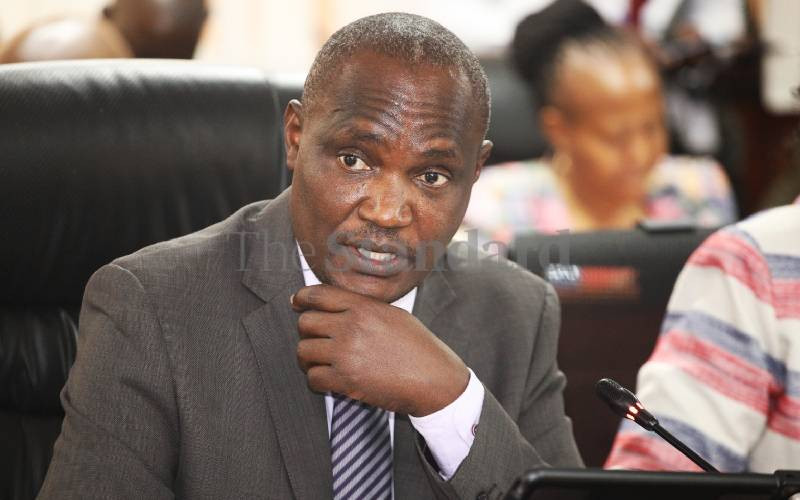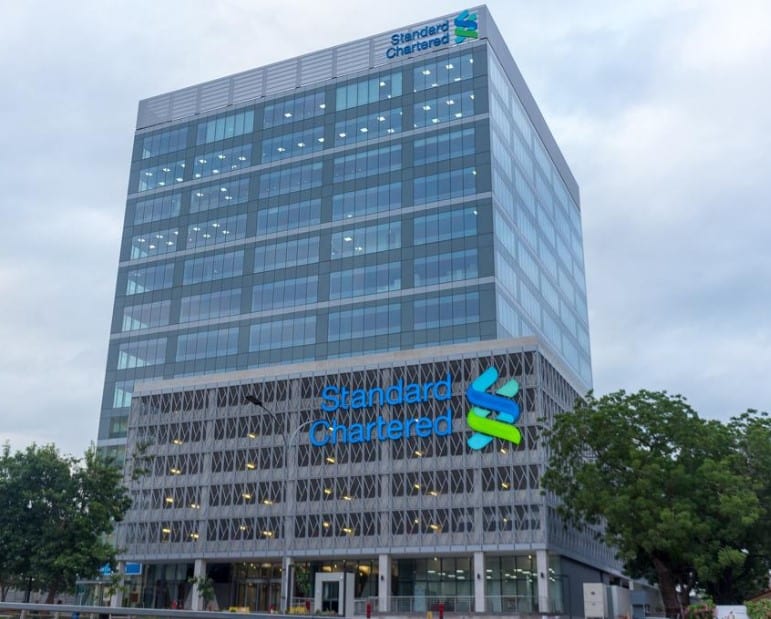- Hurricane Milton heads for Florida: Predicted path and what to expect
- Houthi Red Sea attacks still torment global trade, a year after October 7
- Bad call from Wall Street analysts on DuPont stock may be good news for investors
- Crypto relationship scams pose 'catastrophic harm,' SEC official says. Here's how to avoid them
- Trump's Mar-a-Lago, golf resorts are outside Milton's path. But Truth Social's offices are at risk
What do you believe is the single most important factor driving up the cost of living in Nigeria?

US industrial policy may strengthen EV battery supply chain
Vehicle electrification is an important pathway to reducing global greenhouse gas emissions. The supply chain for electric vehicle battery materials relies heavily on China, a dependency that can leave the US vulnerable to supply chain disruptions and geopolitical shifts. The Inflation Reduction Act (IRA) offers meaningful incentives for building batteries in the US and diversifying the supply chain, but some loopholes exist.
A recent study by researchers in Carnegie Mellon University's College of Engineering has analyzed how much impact the IRA is likely to have on incentivizing vehicle electrification and reducing supply chain vulnerabilities. Anthony Cheng, Ph.D. student in Engineering and Public Policy (EPP); Erica Fuchs, professor in EPP; and Jeremy Michalek, professor in EPP and mechanical engineering and director of Carnegie Mellon's Vehicle Electrification Group, contributed to this research.
The findings are published in the journal Nature Energy.
The total credits offered through the IRA would enable a manufacturer to receive more in tax credits than the total cost of battery production, but qualifying for the full range of credits would be difficult, Michalek explained.
In particular, the 30D New Clean Vehicle Credit, which offers $7,500, can only be claimed on vehicles for which US-designated "Foreign Entities of Concern"—including China, Russia, Iran, and North Korea—played no role in the supply chain, Michalek said.



- October 8, 2024
DBN wins two SME finance awards

- October 8, 2024
Mbadi blames revenue shortfall on KRA's outdated tax systems



Subscribe to our mailing list to get the new updates!

Subscribe our newsletter to stay updated
Thank you for subscribing!





